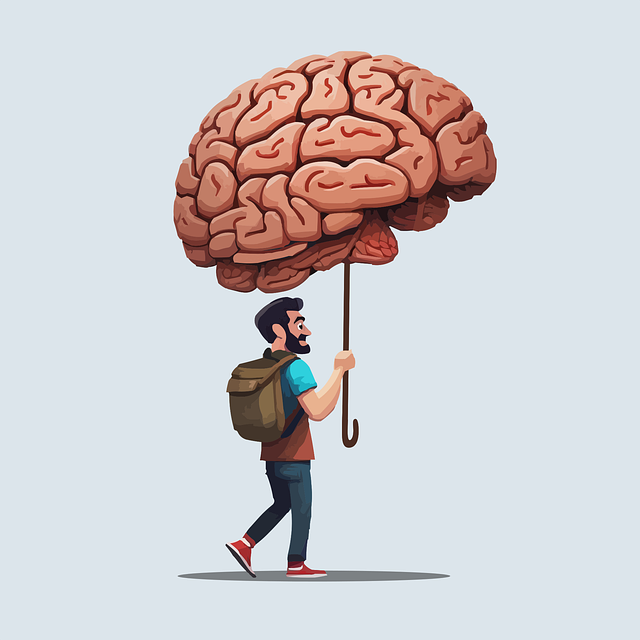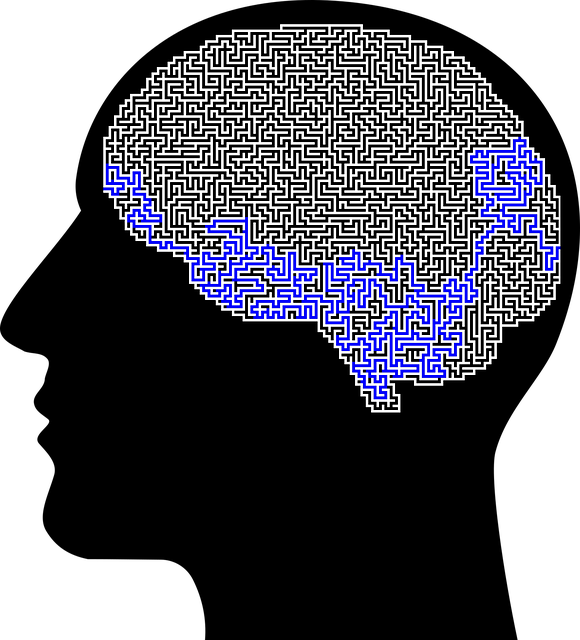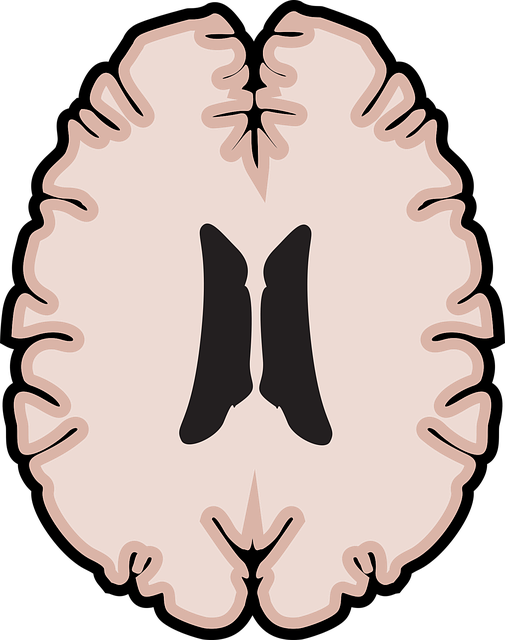Arvada Child Abuse Therapy focuses on building resilience in young people facing adversity through comprehensive programs. Using Risk, Frequency, and Motivation (RFM) analysis, they identify at-risk behaviors and customize interventions with cultural sensitivity. Their holistic exercises combine emotional, mental, and sometimes physical aspects to create safe spaces for trauma processing and coping strategy development. Implementing Resilience, Flexibility, and Mindfulness (RFM) strategies reduces mental illness stigma and promotes healthier self-perception. Quantitative and qualitative assessments track participant progress, aiming to cultivate emotional regulation, coping strategies, and empathy for long-term societal benefits.
“Resilience is a powerful tool in fostering mental well-being, especially for young individuals. This article explores the transformative potential of RFM (Resilience, Strengths, and Motivation) models in identifying and supporting vulnerable children. We delve into the impact of resilience-building exercises on youth, with a focus on Arvada Child Abuse Therapy’s innovative strategies. By examining case studies and research, we uncover how these programs measure success and offer long-lasting benefits, providing a roadmap for enhancing community support systems.”
- Understanding Resilience and its Impact on Youth
- The Role of RFM in Identifying Vulnerable Children
- Designing Effective Resilience-Building Exercises
- Implementing RFM Strategies within Arvada Child Abuse Therapy
- Measuring Success and Long-Term Benefits of RFM Programs
Understanding Resilience and its Impact on Youth

Resilience is a crucial aspect of mental well-being, especially for young individuals who have often experienced challenging circumstances, such as child abuse or trauma. Understanding and fostering resilience in youth can have profound effects on their overall development and future success. It enables them to navigate life’s obstacles, adapt to change, and bounce back from setbacks with a sense of optimism and strength.
At Arvada Child Abuse Therapy, we recognize that building resilience is an essential component of holistic healing. Through various exercises and therapies, including emotional regulation techniques and social skills training, our professionals help youth develop coping strategies. This process empowers them to manage stress, regulate their emotions, and build a positive sense of self-worth. Additionally, risk assessment plays a vital role in identifying potential challenges and providing targeted interventions, ensuring the well-being and resilience of the young individuals we support.
The Role of RFM in Identifying Vulnerable Children

In the context of child welfare and mental health, identifying vulnerable children early on is paramount to prevent potential traumas and foster resilience. Here, Risk, Frequency, and Motivation (RFM) analysis emerges as a powerful tool in Arvada Child Abuse Therapy. This approach helps professionals scrutinize patterns in children’s behaviors, enabling them to recognize signs of distress or at-risk situations. By assessing the risk factors, frequency of problematic behaviors, and underlying motivations, therapists can tailor interventions to address specific needs.
The RFM framework facilitates a comprehensive understanding of each child’s unique circumstances, incorporating cultural sensitivity in mental healthcare practice. This is especially crucial when considering that mood management and burnout prevention strategies for healthcare providers must be culturally responsive. By recognizing the interconnection between behavioral patterns, emotional well-being, and cultural backgrounds, therapists can offer more effective support, ultimately contributing to the resilience-building process.
Designing Effective Resilience-Building Exercises

Designing effective resilience-building exercises is an art that requires a deep understanding of the human psyche and the unique challenges faced by individuals, especially those who have experienced child abuse or trauma. At Arvada Child Abuse Therapy, our experts focus on creating tailored activities that promote healing and empowerment. These exercises should be holistic, addressing emotional, mental, and sometimes even physical aspects to foster true resilience.
The key lies in engaging participants in safe, supportive environments where they can explore their feelings, develop coping strategies, and build a sense of self-efficacy. Incorporating various techniques like mindfulness practices, creative expression, or group discussions can help process traumatic memories while teaching practical skills for navigating life’s difficulties. By integrating these exercises into comprehensive Trauma Support Services and Public Awareness Campaigns Development, we aim to empower individuals to lead fulfilling lives despite their past experiences.
Implementing RFM Strategies within Arvada Child Abuse Therapy

Implementing RFM (Resilience, Flexibility, and Mindfulness) strategies within Arvada Child Abuse Therapy offers a holistic approach to healing and growth for young individuals who have experienced trauma. By integrating these practices, therapists can empower children and adolescents to develop essential coping mechanisms and build mental resilience. The RFM framework equips them with tools to navigate stressful situations, enhance emotional regulation, and foster a sense of safety and control.
Arvada Child Abuse Therapy’s commitment to Mental Illness Stigma Reduction Efforts is further strengthened through these strategies. By encouraging mindfulness practices and fostering flexibility in thinking, therapists can support clients in challenging negative thought patterns and promoting healthier self-perception. This not only aids in stress management but also plays a significant role in the development of Mental Wellness Coaching Programs, providing individuals with the skills to advocate for their mental health needs.
Measuring Success and Long-Term Benefits of RFM Programs

The success of any Resilience and Emotional Wellbeing (RFM) program can be measured through a combination of quantitative and qualitative methods. In the context of Arvada Child Abuse Therapy, this might involve tracking participant engagement, improvements in mental health indicators, and changes in behavior over time. Regular assessments using validated tools such as self-report questionnaires or observations by trained professionals allow for a comprehensive understanding of each individual’s progress.
Long-term benefits of RFM programs extend beyond immediate outcomes. These exercises, when effectively implemented, foster skills like emotional regulation, coping strategies, and enhanced empathy—all critical components of resilience. A Mental Health Policy Analysis and Advocacy perspective highlights the potential for these programs to break intergenerational cycles of trauma, thereby reducing the long-term societal burden of mental health issues. Self-Awareness Exercises play a pivotal role in this process, enabling individuals to navigate life’s challenges with greater equanimity and self-compassion.
Resilience is a powerful tool in empowering young individuals to overcome adversity, and the RFM (Risk, Resilience, and Strengths) model offers a comprehensive framework for identifying and nurturing this inner strength. As demonstrated by Arvada Child Abuse Therapy’s successful implementation of RFM strategies, these approaches can significantly enhance a child’s ability to cope with trauma. By focusing on both the individual’s vulnerabilities and their inherent strengths, resilience-building exercises become a transformative force, leading to improved mental health outcomes and fostering a brighter future for at-risk youth.














